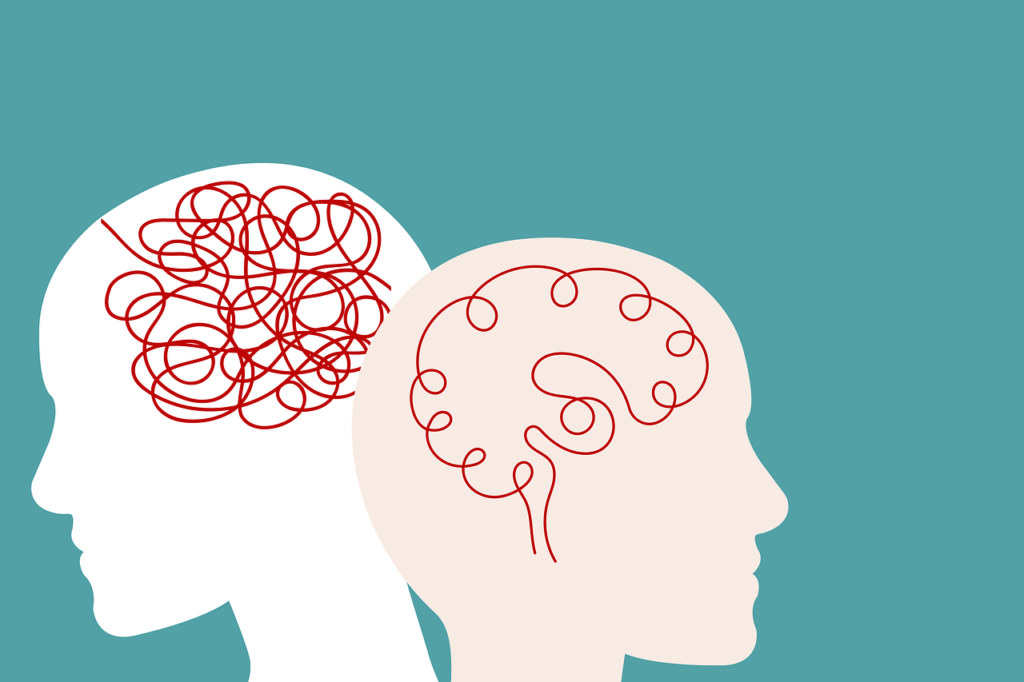
At the Wellness Institute of Southern Nevada, I recognize the profound impact that obsessive-compulsive disorder (OCD) can have on individuals’ lives. OCD, characterized by intrusive thoughts and repetitive behaviors, is a challenging mental health condition affecting millions globally. In this blog, we delve into the complexities of OCD, aiming to raise awareness, reduce stigma, and offer support to those affected by this often-misunderstood condition.
I. Understanding OCD
Obsessive-compulsive disorder (OCD) is a psychiatric condition characterized by a cycle of obsessions and compulsions. Obsessions are intrusive and distressing thoughts, images, or urges that repeatedly intrude upon an individual’s consciousness, causing anxiety or discomfort. Compulsions are repetitive behaviors or mental acts that individuals feel compelled to perform in response to their obsessions, often in an attempt to reduce anxiety or prevent a feared outcome. This cycle can significantly impact various areas of life, including work, relationships, and self-esteem.
OCD can manifest in different forms, with common themes including contamination fears, concerns about symmetry or orderliness, and intrusive thoughts about harm or unacceptable behaviors. While the exact cause of OCD is not fully understood, research suggests that a combination of genetic, neurological, and environmental factors may contribute to its development. Understanding the nature of OCD and its impact on individuals’ lives is crucial for recognizing the importance of early intervention and effective treatment strategies.
II. OCD Symptoms and Diagnosis
At the Wellness Institute of Southern Nevada, it’s essential to recognize the symptoms of OCD and provide accurate diagnosis for effective treatment. Common symptoms of OCD include intrusive thoughts, compulsive behaviors, and the distressing cycle of obsession-compulsion. These symptoms can vary widely among individuals and may evolve over time. Diagnosis typically involves a thorough assessment by a mental health professional, who evaluates the presence and severity of OCD symptoms and considers their impact on daily functioning.
Utilizing standardized diagnostic criteria outlined in the DSM-5, I ensure a comprehensive evaluation process to accurately diagnose OCD and develop personalized treatment plans tailored to each individual’s needs. Additionally, I recognize the importance of addressing any co-occurring conditions, such as anxiety or depression, that may accompany OCD, as this can impact treatment outcomes and overall well-being.
III. Treatment Approaches
At the Wellness Institute of Southern Nevada, I offer a range of evidence-based treatment approaches to effectively manage OCD symptoms and improve quality of life. One key approach is psychotherapy, particularly cognitive-behavioral therapy (CBT) with an emphasis on exposure and response prevention (ERP). Through ERP, individuals gradually confront feared situations or triggers while refraining from engaging in compulsive behaviors, thereby breaking the cycle of obsession-compulsion and reducing anxiety over time. Additionally, I may incorporate other therapeutic modalities such as acceptance and commitment therapy (ACT) or dialectical behavior therapy (DBT) to address specific needs and challenges associated with OCD.
In some cases, medication management may be recommended to complement psychotherapy and alleviate symptoms of OCD. Selective serotonin reuptake inhibitors (SSRIs) and serotonin-norepinephrine reuptake inhibitors (SNRIs) are commonly prescribed medications that can help regulate neurotransmitter levels in the brain and reduce obsessive-compulsive symptoms. As with any medication, I work closely with individuals to monitor their response and adjust treatment as needed to optimize outcomes and minimize side effects.
In addition to traditional treatments, I also incorporate holistic approaches to support individuals’ overall well-being and resilience. Techniques such as mindfulness meditation, relaxation exercises, and stress management strategies can complement traditional therapy and help individuals cope with OCD-related symptoms more effectively. By offering a comprehensive and integrated approach to OCD treatment, I empower individuals to take control of their lives and achieve lasting recovery from this challenging condition.
IV. Conclusion
At the Wellness Institute of Southern Nevada, I am committed to providing compassionate and effective care for individuals struggling with obsessive-compulsive disorder (OCD). Through a comprehensive understanding of OCD symptoms, accurate diagnosis, and evidence-based treatment approaches, I strive to empower individuals to reclaim control over their lives and achieve lasting recovery.
Living with OCD can be challenging, but with the right support and treatment, individuals can learn to manage their symptoms, reduce distress, and improve their overall quality of life. It’s essential for those affected by OCD to know that they are not alone and that help is available.
If you or someone you know is struggling with OCD, I encourage you to reach out for support. Whether through psychotherapy, medication management, or holistic approaches, there are effective treatments available to help you on your journey to wellness. Together, we can work towards breaking free from the cycle of obsession and compulsion and building a life filled with hope, resilience, and peace of mind.
